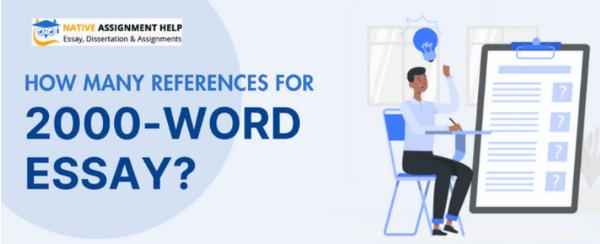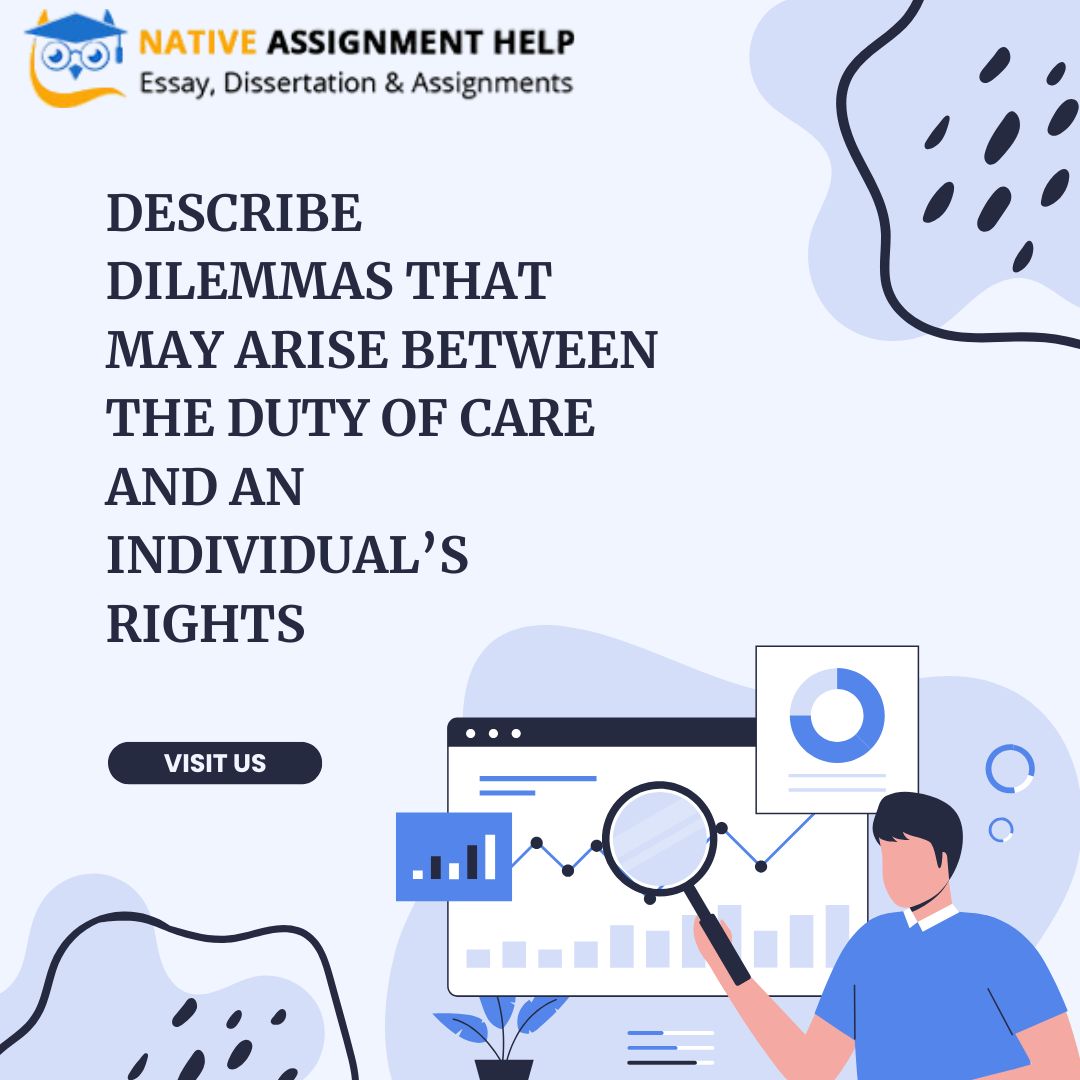 Zapier Automation – Automate Publishing. Free Your Time!
Zapier Automation – Automate Publishing. Free Your Time!
The Impact of Social Media on Political Mobilization: A Comparative Study of Youth Engagement in the 2020 and 2024 Elections
Written by Sophia Baker » Updated on: June 17th, 2025

Introduction
In the age of information, social media has emerged as a powerful tool for political mobilization. From raising awareness about political candidates to organizing grassroots movements, social media platforms like Twitter, Instagram, and TikTok have transformed how people engage with politics. This transformation is particularly evident in the ways young people, who are more digitally savvy, have embraced these platforms to make their voices heard. For students exploring Politics Dissertation Topics, the 2020 and 2024 U.S. elections serve as a fascinating case study for understanding the impact of social media on youth political engagement.
The Role of Social Media in Political Mobilization
Social media plays an essential role in amplifying political voices and offering a platform for political discourse. Unlike traditional media, social media allows anyone with an internet connection to share their opinions and reach a vast audience. It democratizes the flow of information, creating spaces for dialogue, debate, and grassroots organizing that were previously inaccessible to many.
Youth and Social Media: A Powerful Combination
Young people, especially those between 18 and 29, are more likely to use social media as their primary source of news and political information. Platforms like Instagram, TikTok, and Twitter are particularly popular among youth, where they can easily share their political opinions, organize events, and engage with like-minded individuals. This digital activism often leads to real-world political participation, from attending protests to voting.
Youth Engagement in the 2020 Election
The 2020 U.S. election was a landmark moment for youth engagement through social media. Young voters used platforms like TikTok and Twitter to discuss key political issues, fact-check politicians, and mobilize others to vote. The viral “Gen Z for Change” campaign, which started on TikTok, is just one example of how youth harnessed social media to encourage their peers to participate in the political process.
Challenges in the 2020 Election
While social media offered a platform for youth engagement, it also presented challenges, particularly in terms of misinformation. Disinformation spread rapidly during the 2020 election, with conspiracy theories and false claims about voting being shared widely. Social media companies like Facebook and Twitter implemented fact-checking mechanisms, but the sheer volume of misinformation made it difficult to manage. This raised concerns about how disinformation could skew youth voting behavior.
Youth Engagement in the 2024 Election
Fast forward to the 2024 election, and the landscape of social media and youth political engagement has evolved. While many of the same platforms remain popular, new tools and strategies have emerged for mobilizing young voters. Campaigns are now focusing on more interactive, personalized content to reach youth audiences. Virtual town halls, influencer-led discussions, and the use of augmented reality (AR) features have become key strategies in 2024 to get young people more involved.
Key Social Media Campaigns in 2024
The 2024 election has seen several impactful social media movements. One notable campaign is the "Vote With Us" initiative, which utilizes Instagram Stories and TikTok challenges to encourage voter registration among youth. Another is the "Policy for Tomorrow" campaign, which engages influencers to break down complex policy issues in simple, relatable language for younger audiences.
Comparing Youth Political Behavior in 2020 and 2024
There are notable differences in youth political behavior between the 2020 and 2024 elections. In 2020, many young voters were motivated by issues like climate change and racial justice, largely sparked by social movements such as Black Lives Matter. In 2024, while these issues remain critical, there has been a noticeable shift towards economic concerns, such as student debt and job security, as the COVID-19 pandemic's effects linger. Youth engagement strategies on social media have also become more refined, with campaigns focusing on targeted, issue-specific content.
Social Media’s Role in Shaping Political Narratives
Social media not only facilitates political engagement but also shapes the very narratives that define elections. Platforms like Twitter and Instagram have the power to control the political conversation, prioritizing certain topics and voices over others through algorithms. Influencers and content creators play a massive role in this process, as they often set the tone for what is trending politically.
The Pros and Cons of Social Media in Political Mobilization
Social media has its advantages and disadvantages when it comes to political mobilization. On the plus side, it fosters greater youth engagement and democratizes political participation. However, it also risks creating echo chambers where individuals are exposed only to information that confirms their existing beliefs, increasing polarization. Furthermore, the spread of misinformation remains a significant challenge.
Disinformation and Fact-Checking: Lessons from 2020
The disinformation crisis during the 2020 election highlighted the need for more robust fact-checking mechanisms. In response, platforms have enhanced their efforts in the lead-up to the 2024 election, with features such as flagged posts, third-party fact-checkers, and more stringent content moderation.
The Role of Influencers in Political Mobilization
Influencers have emerged as critical players in political mobilization, especially for youth. In both the 2020 and 2024 elections, influencers used their platforms to encourage voter registration, spread awareness about critical issues, and fact-check disinformation. Influencers like YouTuber MrBeast and Instagram personality Emma Chamberlain have proven particularly effective in reaching young, politically disengaged audiences.
Youth Political Movements and Hashtag Activism
Hashtag activism, where social media users rally around a common cause using a viral hashtag, has become a key method of youth political engagement. In 2020, hashtags like #BlackLivesMatter and #VoteHimOut gained traction, mobilizing millions. In 2024, hashtags like #GenZVotes and #FutureLeaders have been crucial in encouraging youth participation.
What the Future Holds for Social Media and Politics
As we look to the future, social media will continue to play an ever-growing role in political mobilization. With advancements in technology like AI and AR, digital campaigns will become more immersive, providing even more opportunities for youth engagement. The challenge will be ensuring these platforms are used responsibly, with proper checks on misinformation and polarization.
Conclusion
Social media has transformed the political landscape, particularly for young voters. While there are challenges like misinformation and polarization, the benefits of increased youth engagement and political participation cannot be denied. As we move forward, it is essential to continue leveraging social media's potential while mitigating its risks to ensure a healthy, informed democracy.
FAQs
How has social media influenced youth political engagement?
Social media has made it easier for young people to access political information, engage in discussions, and mobilize for elections.
What challenges did youth face on social media during the 2020 election?
Misinformation was a significant challenge, with disinformation campaigns targeting youth voters.
How has social media use changed between the 2020 and 2024 elections?
In 2024, there is a greater emphasis on interactive and personalized content, along with improved fact-checking mechanisms.
What role do influencers play in political mobilization?
Influencers help spread political messages and encourage youth engagement through their vast online followings.
What is hashtag activism, and why is it important?
Hashtag activism uses viral hashtags to rally people around political causes, making it a powerful tool for youth mobilization.
Note: IndiBlogHub features both user-submitted and editorial content. We do not verify third-party contributions. Read our Disclaimer and Privacy Policyfor details.
Copyright © 2019-2025 IndiBlogHub.com. All rights reserved. Hosted on DigitalOcean for fast, reliable performance.

















